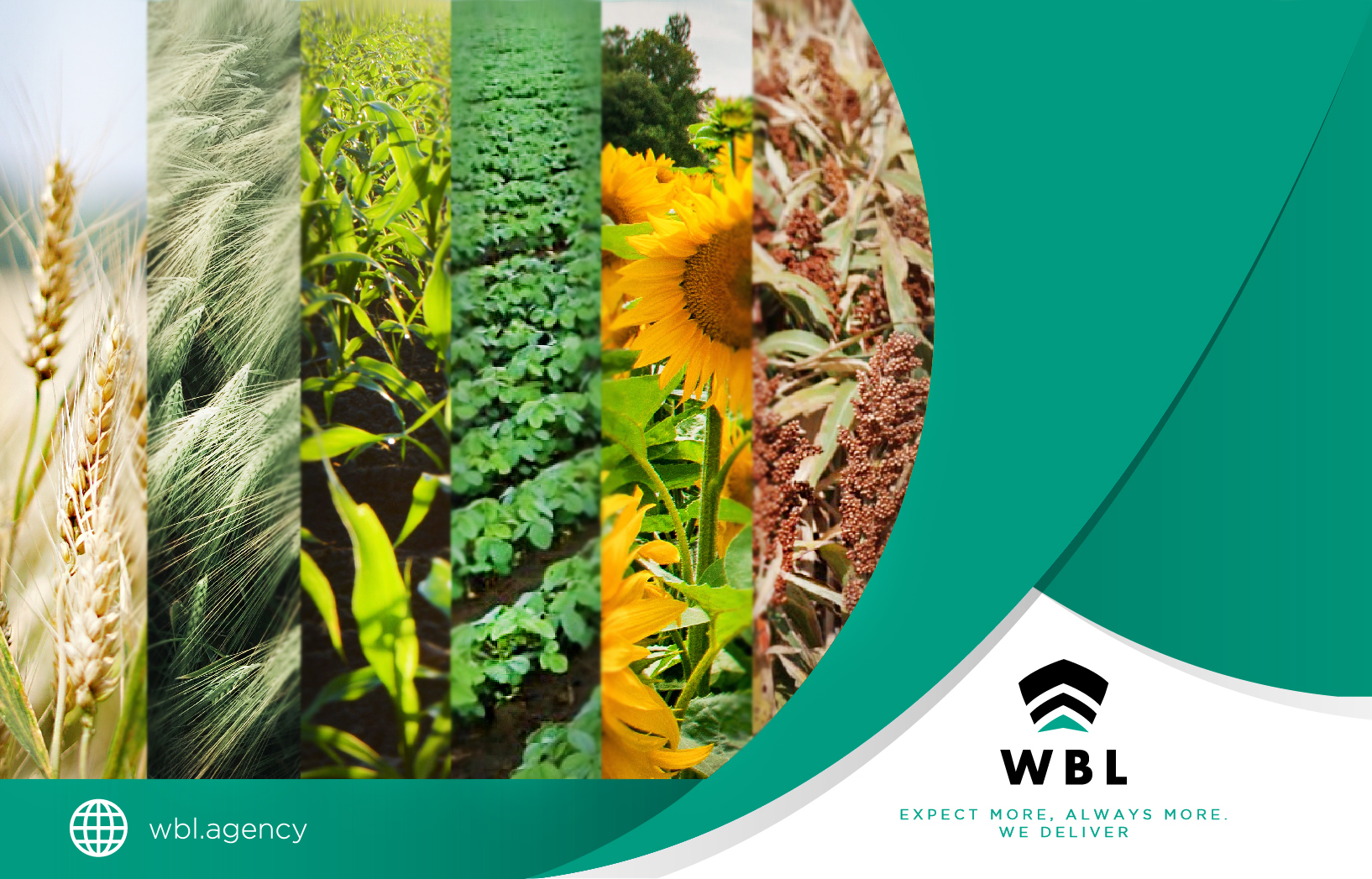Due to the weather and retention, the field will sow less. The projected harvest drop will be 6%.
At the launch of the 2020/2021 thick crop, it was warned that the agricultural season towards next year will have less planted area and a sharp drop in production and exports.
After a difficult year due to the effects of the pandemic in the international context, with the price of agricultural commodities reaching its lowest in April, the drought and local politics present a limited scenario in terms of agricultural production towards 2021.
For the second consecutive year, the Argentine countryside will sow less, and also the expected yields will fall, so that production will be around 121 million tons, 6.1% less than the previous season, which will generate a gross value of the agricultural product 4 % or 5% below the previous year.
The data comes from the work carried out by the department of agricultural estimates of the Buenos Aires Cereal Exchange, presented last Wednesday as part of the launch of the 2020/2021 thick crop.
Agustín Tejeda Rodriguez, a chief economist of the Buenos Aires Cereal Exchange, considered that this contribution of agriculture to the national economy continues to be more than important, but stressed the need for incentive signals in order to avoid the stagnation in which production seems to have entered of the main Argentine crops, after four years of uninterrupted increases.

“The world context is complex, but the trade war between the US and China, the coronavirus, can be resolved, but if Argentina does not promote a favorable framework, it will not be able to take advantage of any of those opportunities,” said Tejeda Rodriguez.
On climate issues, Esteban Copatti, Head of Agricultural Estimates of the Cereal Exchange, highlighted that there is an 80% probability that the drought will extend during the summer, so it will limit not only the planted area but also the expected yields, something that is already being seen with winter cereals such as wheat.
This will lead to a production drop estimated at 6.1% year-on-year, to 120.8 million tons in total due to the soybean, corn, wheat, sorghum, sunflower, and barley campaigns.
At that point, for soybeans, which will begin to be sown in a month, the forecasts point to a 0.6% drop in the allocated area and a 5.1% drop in total production, which would end at 46.5 million tons from 49.6 million this year and far from the averages of recent years.
For maize, while this year 2020 it beat soybeans in production for the first time after more than two decades, the Buenos Aires Cereal Exchange predicts a decrease in the area planted with the cereal of $ 3.1 and a production of 8.7 % below the previous cycle, to 47 million tons.
For wheat, strongly affected by the drought, the Buenos Aires entity expects production of 17.5 million tons, 6.9% lower than last year, and far from the 21 million tons forecast in the previous one to the start of the sowing.
Sorghum will be the only one of the six main crops that will gain area in planting, with a projected expansion of 13.3% year-on-year and a production that jumps 20% to 3 million tons, thanks to the impulse of Chinese demand for the culture.
WBL Shipping Agency
For more news follow us on LinkedIn
